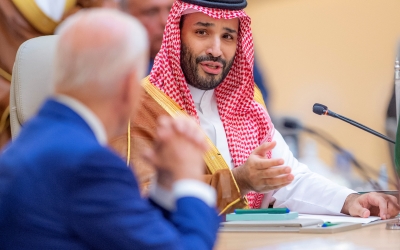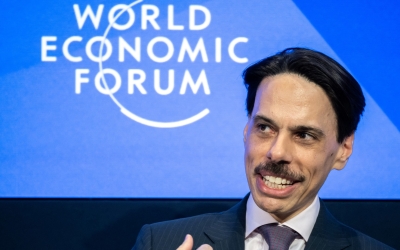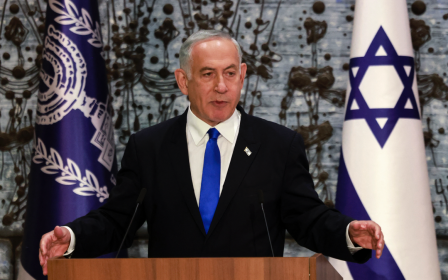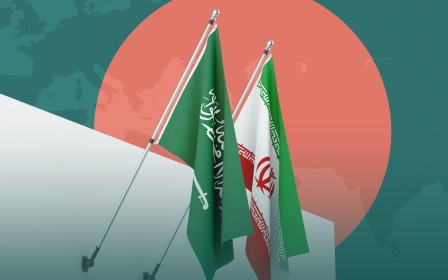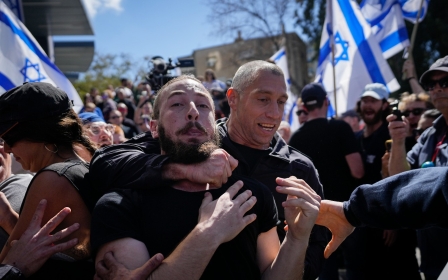Saudi Arabia obstructed visit by Israeli foreign minister, says report
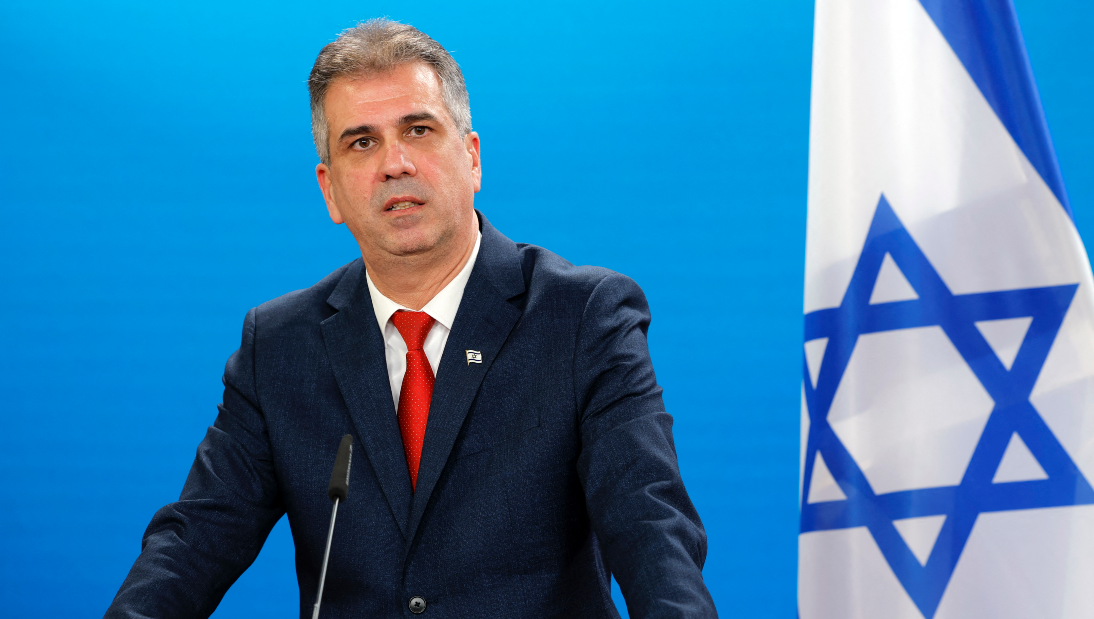
Saudi Arabia has effectively obstructed a plan to allow Israeli Foreign Minister Eli Cohen to attend a UN conference in the kingdom, after Riyadh would not "seriously discuss" Cohen's security detail, according to an Axios report on Monday citing three Israeli officials.
Cohen was set to attend a UN World Tourism Organisation conference in the kingdom this week, a trip that would have marked the first public visit by an Israeli minister to Saudi Arabia.
The Israeli officials told Axios that Saudi Arabia had told the UN agency that Cohen could attend the conference. But when it was time to arrange his security detail, the newspaper reported that it "became clear that the Saudis weren't going to have a serious discussion", and Cohen took the trip off his agenda.
The report underlines the uphill battle Israel faces as it pushes Saudi Arabia to normalise ties.
Middle East Eye reached out to the Saudi embassy in Washington and the UN World Tourism Organisation for comment on this report but did not receive a response by the time of publication.
Israel has used cultural events as a first step to deepen ties with its Arab neighbours in the past. Israel's culture minister visited Abu Dhabi’s Sheikh Zayed Grand Mosque in 2018 and Israel’s men’s basketball team competed in Abu Dhabi a year before the UAE established official relations with Israel.
The UN event is taking place in the Saudi village of al-Ula, which Riyadh is working to promote as a tourism hub.
Kfar Kama, a Circassian village in Israel, was among those chosen by the UN as a top tourism village in 2022. Members of Israel’s Muslim Circassian community were also slated to attend the event, but Saudi Arabia didn’t respond in time to their visa requests, according to the Israeli public broadcaster, Kan.
Saudi Arabia plays hard to get
In 2020 Israel signed US-brokered normalisation deals with the UAE, Bahrain, Morocco, and Sudan, in what became known as the Abraham Accords.
Israel and Saudi Arabia do not have official diplomatic relations, but Crown Prince Mohammed bin Salman met secretly with Prime Minister Benjamin Netanyahu in the kingdom in 2020, according to several Israeli media reports at the time.
Netanyahu, who oversaw the 2020 Abraham Accords, has made expanding the agreements to Saudi Arabia a top foreign policy goal.
According to Axios, Israel lobbied the World Tourism Organization and the Biden administration to press the Saudis for Cohen to attend the UN event.
“Eventually the Saudis found a way to say 'yes' to the UN as they had to, but at the same time create conditions that won’t allow the visit to happen," a senior Israeli official told Axios.
Saudi Arabia has signalled an openness to normalising ties with Israel. During US President Joe Biden’s visit to the kingdom in July, Riyadh announced it would open its airspace to Israeli airlines.
However, speaking at the World Economic Forum in Davos, Switzerland, in January, Saudi Foreign Minister Faisal bin Farhan Al Saud said the kingdom would not normalise relations with Israel until the Palestinians are granted statehood, comments that were shared on the Saudi foreign ministry’s official Twitter account.
The Saudis have also presented a list of demands to the US that are likely to face congressional opposition.
On Thursday, the Wall Street Journal reported that Riyadh is asking for stronger security guarantees from Washington and help to develop its civilian nuclear programme in exchange for normalising ties.
Middle East Eye propose une couverture et une analyse indépendantes et incomparables du Moyen-Orient, de l’Afrique du Nord et d’autres régions du monde. Pour en savoir plus sur la reprise de ce contenu et les frais qui s’appliquent, veuillez remplir ce formulaire [en anglais]. Pour en savoir plus sur MEE, cliquez ici [en anglais].


